Borrower Overview
TriLinc has provided financing to a Namibia-based company that primarily engages in property development (mainly land acquisition and site development) and financial services (including micro insurance, retail banking, and education). TriLinc’s financing will support the efforts of the property development division and assist in the development of a roughly 4.5 square mile housing project located north of Windhoek, the capital of Namibia. The borrower initially services the land by installing the necessary infrastructure, such as water piping, sewage, storm water reticulation, electric grid connections, road pavement, and street lighting, after which the property is sold to small and medium-sized developers and individuals for residential and commercial construction. The borrower seeks to address the middle-income housing shortage that currently exists in Windhoek due to a steady increase in urbanization, combined with geographical hindrances. All of the company’s property development land acquisition meets the International Finance Corporation’s Performance Standards, as well as the company’s proprietary environmental management system.
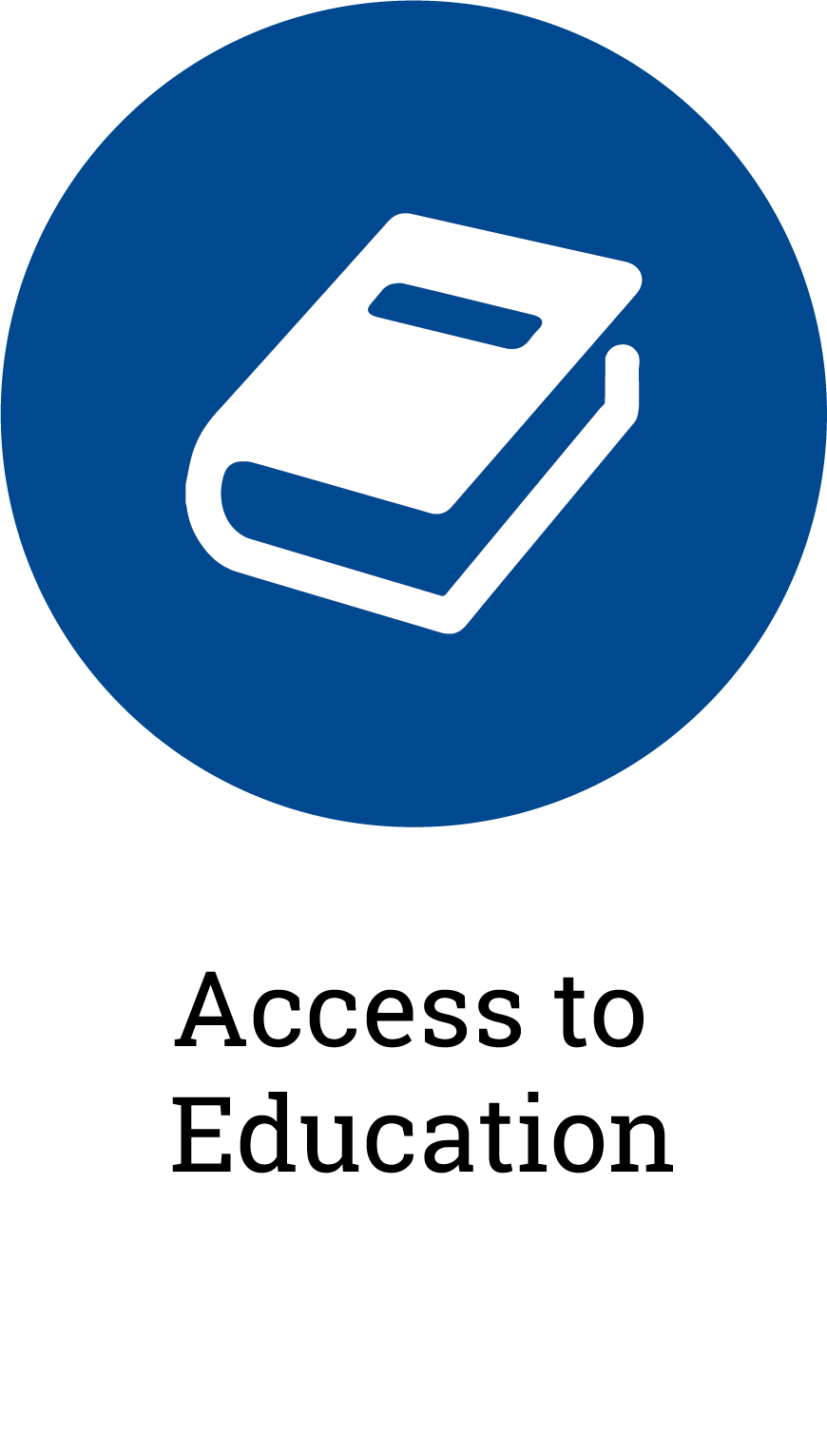 |
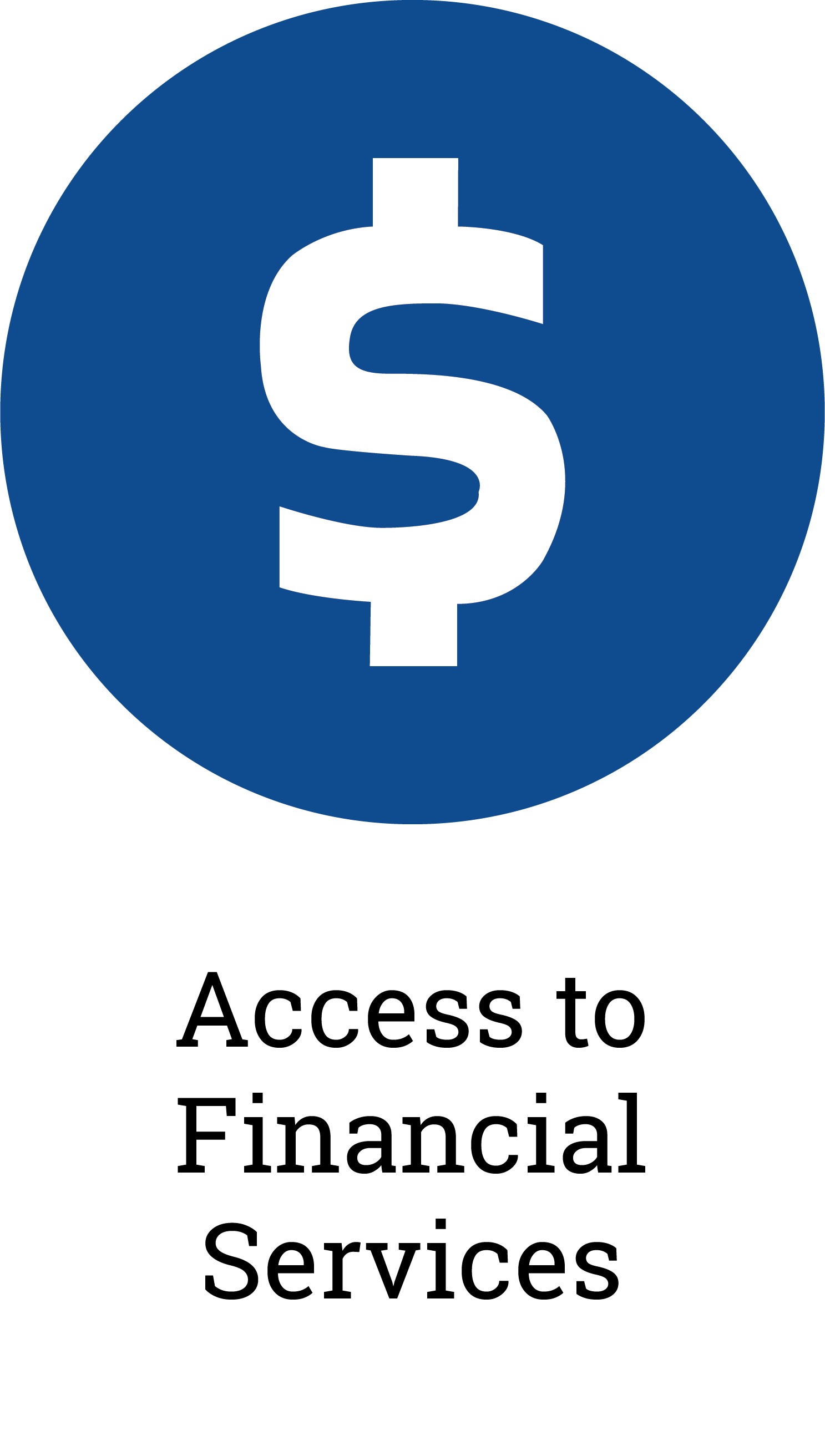 |
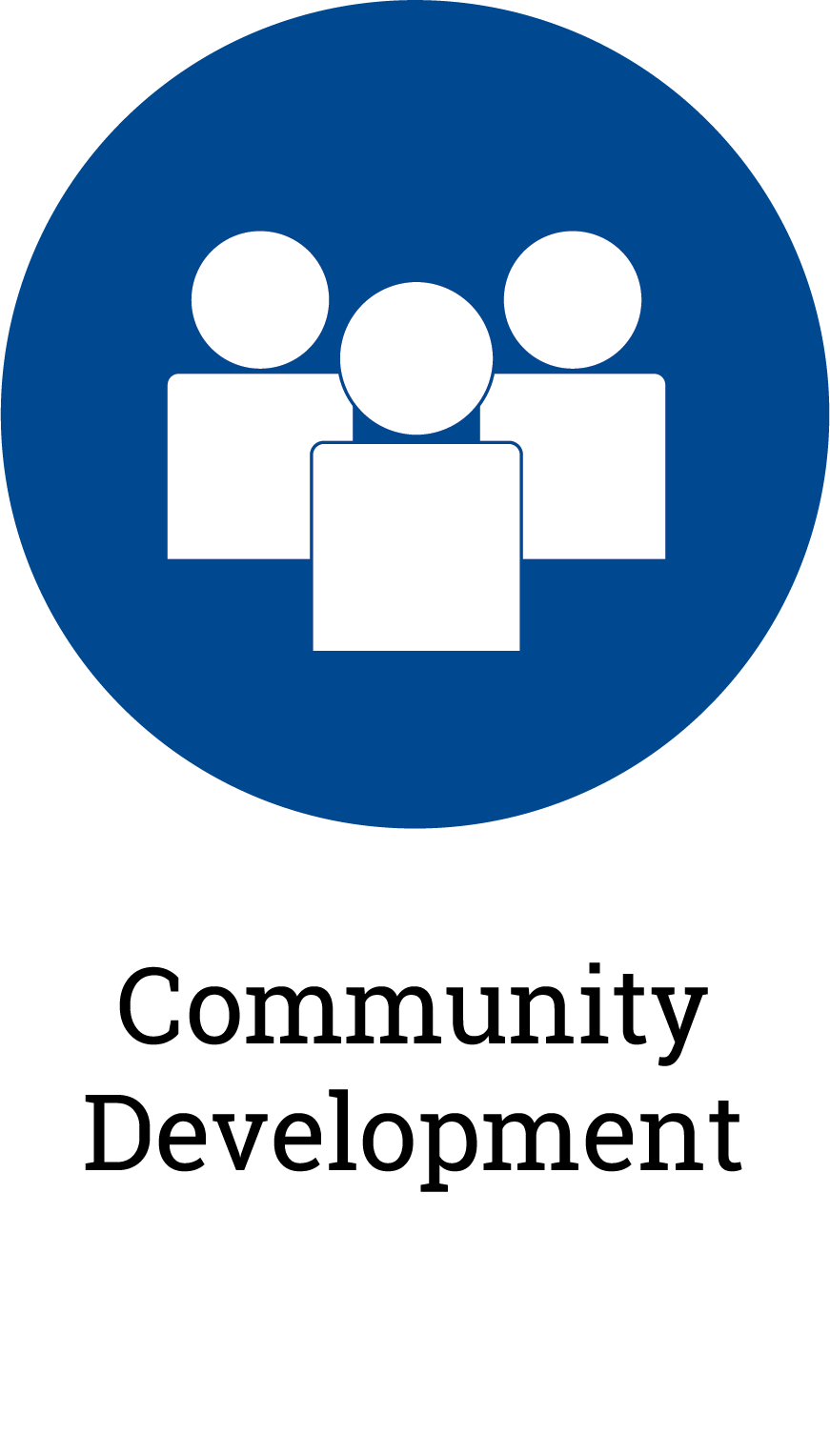 |
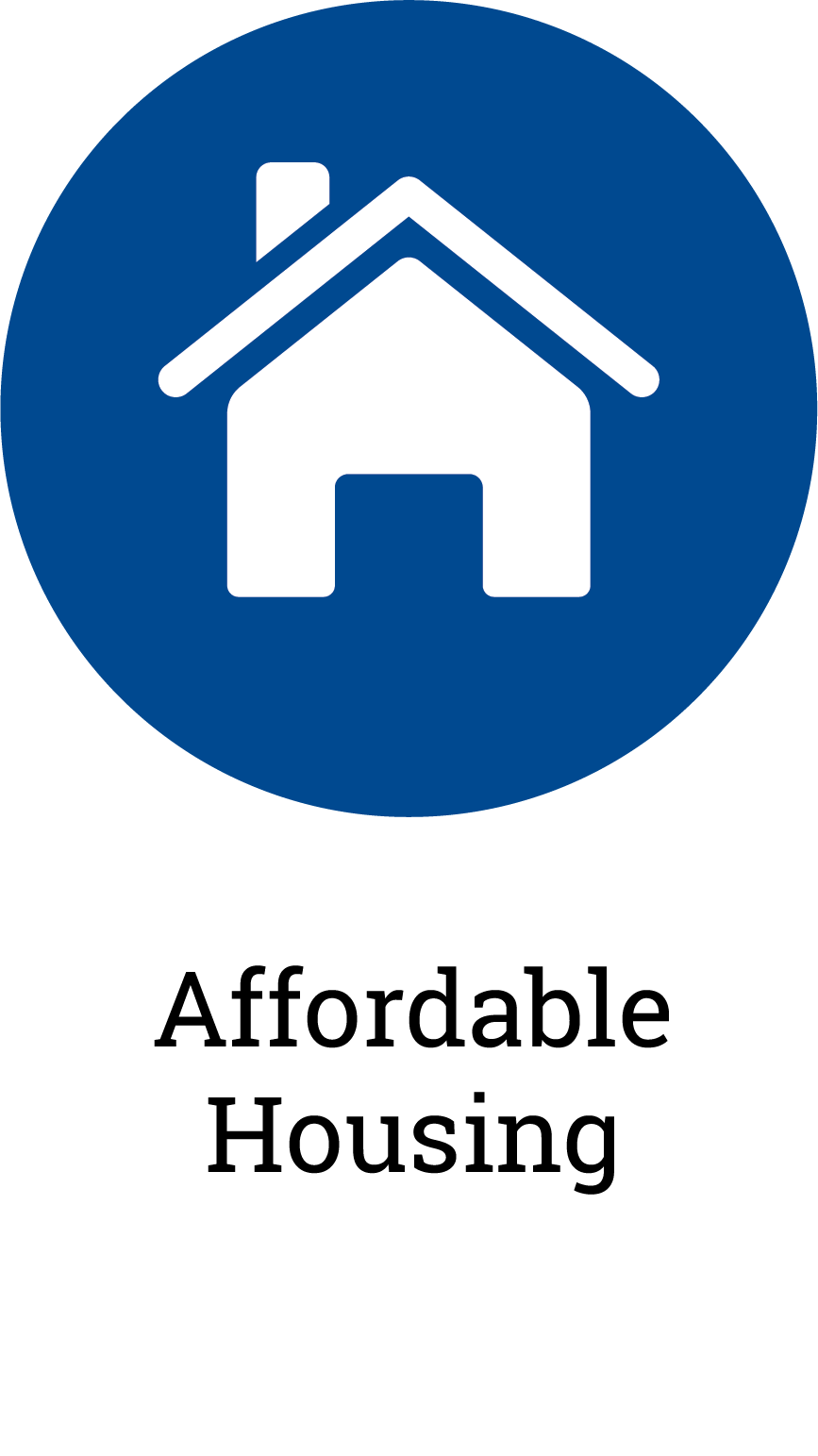 |
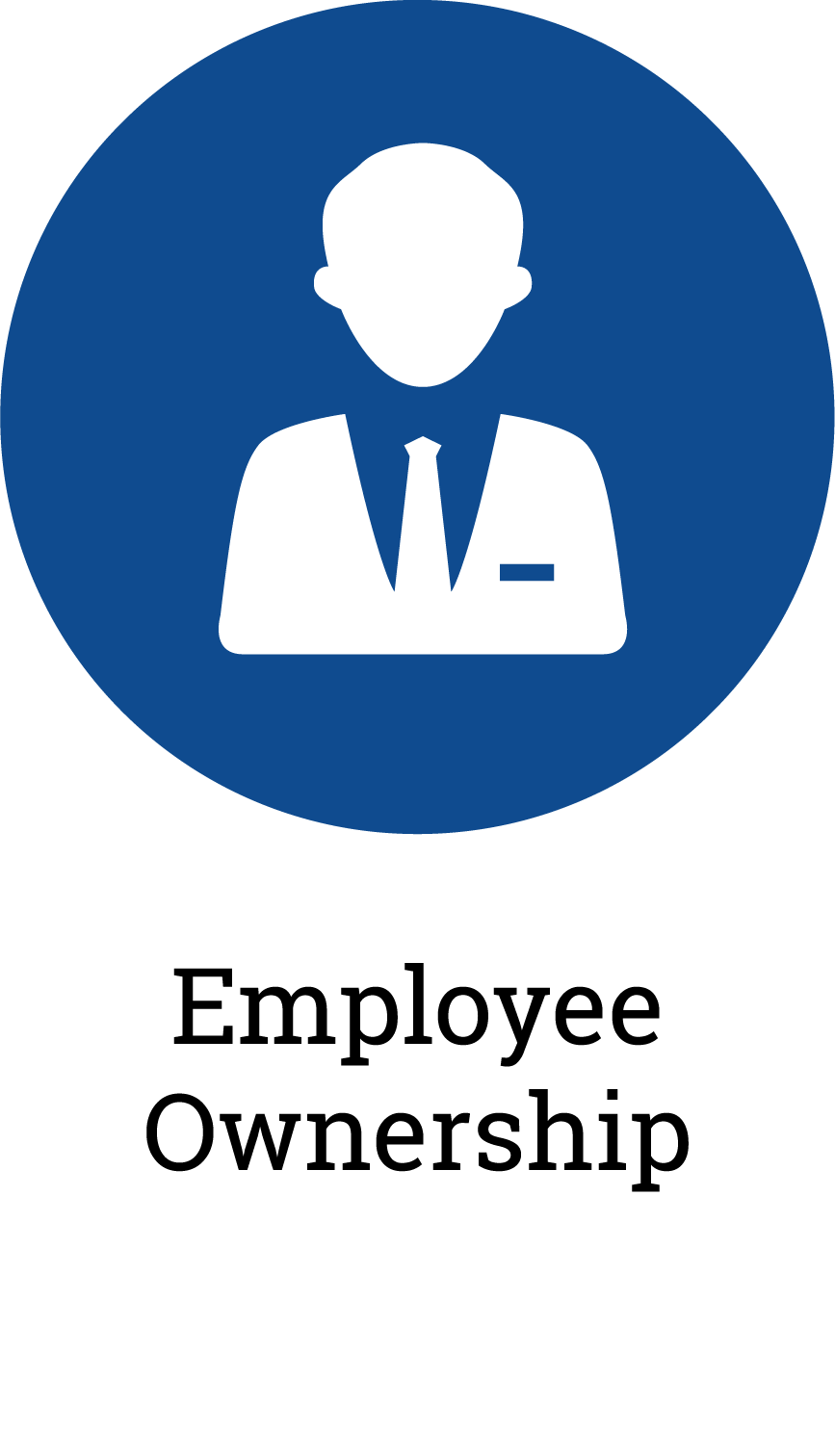 |
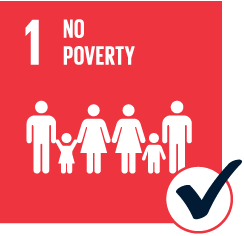 |
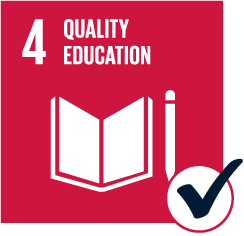 |
 |
 |
 |
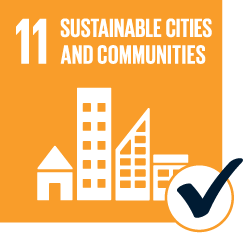 |
Market Overview
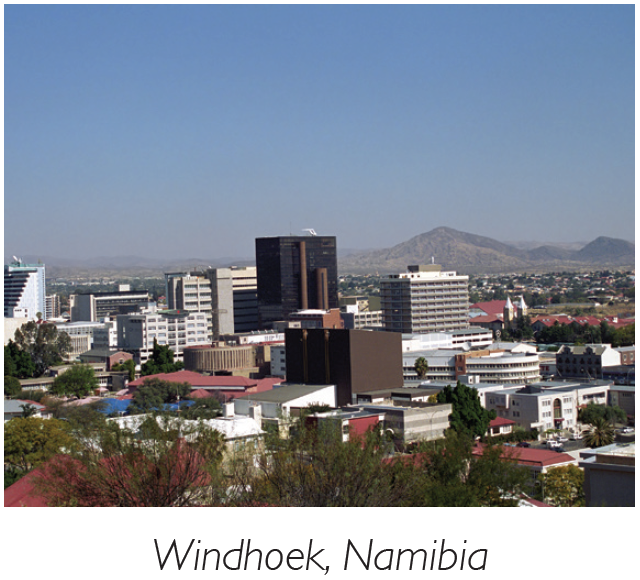
Namibia is classified as an upper middle-income country by the World Bank.1 Between 2010 and 2015, annual GDP growth rates averaged approximately 5.60%.1 Namibia’s urban population has grown on average 4.5% per year, driving the demand for serviced land and urban infrastructure development.2 Namibia’s main exports are concentrated in diamonds, copper, gold, zinc, lead, uranium, cattle, white fish, and mollusks.3 Conversely, the country’s main imports are focused in foodstuffs, petroleum products and fuel, machinery and equipment, and chemicals.3
Namibia meets TriLinc’s country standards for its performance across relevant growth, stability, and access metrics.4 In 2016, it ranked ninth across the Sub-Saharan African region on the World Bank’s Ease of Doing Business index.5 With a GDP of $11.5 billion, the country’s well developed financial and labor markets have led the country to benefit from the estimated $42 billion in foreign direct investment that flowed to the region in 2015.6 Sub-Saharan Africa had regional GDP growth of 3.0% in 2015, and is projected to strengthen to 4.4% by 2018.7
Additional Sustainability & Impact Highlights
- For job-specific duties, the company offers training for its employees to become site foremen, supervisors and line managers, and to gain familiarity with excavation and grading operations of heavy duty machinery.
- The company offers extensive employee benefits including an employee fund to encourage saving, transportation allowance for employees with a minimum of one year of employment, and an extensive corporate wellness program that includes free daily staff lunches, health programs, and campaigns throughout the year.
- To complement the holding company’s online education institution, which is the largest distance-learning education program in Namibia, the company is planning to open a vocational training center where members of the public, in addition to the company’s staff, can obtain training and accreditation in all trades concerning brick & mortar, plastering, concrete, electrical, and plumbing work.
- The holding company’s insurance branch provides insurance products, such as legal insurance, funeral cost coverage, life coverage, and income protection, to individuals previously excluded from traditional insurance.
1The World Bank, World Development Indicators Database: Namibia, 2016 2African Economic Outlook, Namibia, 2016. www.africaneconomicoutlook.org 3CIA World Factbook: Namibia, 2016. 4There is no assurance that our investment in this company or this market will be successful. 5The World Bank, Doing Business 2017, Measuring Business Regulations, 2016 6The World Bank, Data, Sub-Saharan Africa, 2016. 7The World Bank, Global Economic Prospects, June 2016.
The above information is as of the initial date of investment: January 4, 2017.
RISK FACTORS
There is no guarantee that TriLinc’s investment strategy will be successful. Investment in a non-listed LLC involves significant risks including but not limited to: ownership is restricted; no secondary market; limitation on liquidity, transfer and redemption of ownership interest; distributions made may not come from income and, if so, will reduce the returns, are not guaranteed and are subject to management discretion. TriLinc selects investments and conducts operations on behalf of its clients, and will face conflicts of interest. Investment with TriLinc is not suitable for all investors. Securities Offered through CommonGood Securities, LLC, a member of FINRA and SIPC.
An investment with TriLinc carries significant fees and charges that will have an impact on investment returns. Information regarding the terms of the investment is available by contacting TriLinc. This is a speculative security and, as such, involves a high degree of risk. Investments are not bank guaranteed, not FDIC insured and may lose value or total value. Some investments may have been made in an investment vehicle that is no longer open for investment. The highlighted investment may or may not have been profitable. There is no guarantee that future investments will be similar.
Want to learn more? Contact Us.
